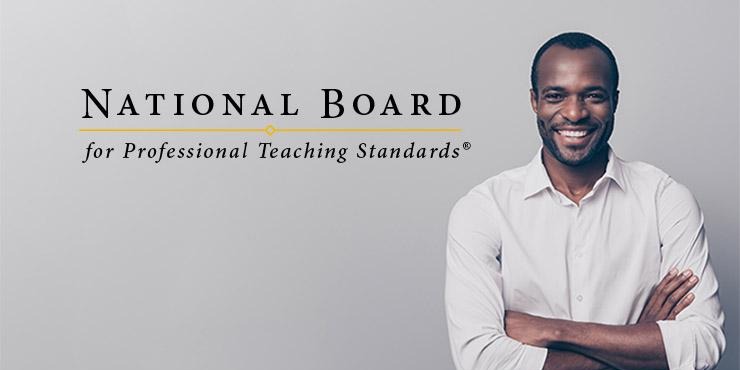Everybody needs a little motivation now and again. Well, here’s yours, if you want it. Is going through the process of National Board Certification worth it? Absolutely.
In 2013, I began my quest to becoming an NBCT as an Early Childhood Generalist. I was fortunate to knock it all out in one year, and while it was definitely tough and time-cosuming, I’m so glad I leaned into the discomfort of doing it because…
- It elevated and empowered my teaching
- It advanced student learning and achievement
- It opened doors to new leadership opportunities
- It led to notable financial gains!
I know the latter point probably made your ears perk up because, let’s face it, there are not a lot of ways to make an extra buck as a teacher. But, most school divisions/states offer incentives for becoming an NBCT.
For example, it cost me $2,565 to embark on the journey in 2013 (it now costs $1,900). My school district paid for half of it and the other half came out of my pocket. However, when I certified, my school district reimbursed that money. In addition, my state (Virginia) provided an initial $5,000 award just for completing it, and I’ve been earning $5,000 extra per year from district/state incentives since. It made me eligible to receive another extra $1,000 per year through our school district’s Career Teacher program, too. Plus, it covered all of my required professional learning points for that year.
Math isn’t really my forte, but it’s pretty clear that it was an excellent investment of my time and money!
So, what exactly is National Board Certification?
Per the National Board for Professional Teaching Standards web site, it is a certification process that requires teachers to demonstrate standards-based evidence of the positive effect they have on student learning in alignment with the Five Core Propositions. Candidates must complete four components and assessment center exercises.
Teachers can earn certification in a variety of disciplines from PreK-12th grade.
Previously, teachers were required to complete all components and assessments in one year. However, this has recently been revised, allowing teachers more time to fulfill the process and at a lesser cost. The certification is good for five years, and there’s a simplified process for renewal.
If you’re interested in certifying, start by finding out what financial support and/or programs are available within your school division/state. Remember, you do not have to do this alone! There are many groups, conferences, workshops, courses, listservs, books, and web sites to aid in the process. Be selective in determining the right certification area for you, and then take a few responsibilities off your list to free up time in your schedule. If you have any questions, comments, tidbits of advice, or additional resources, please share!
Thanks and good luck!









